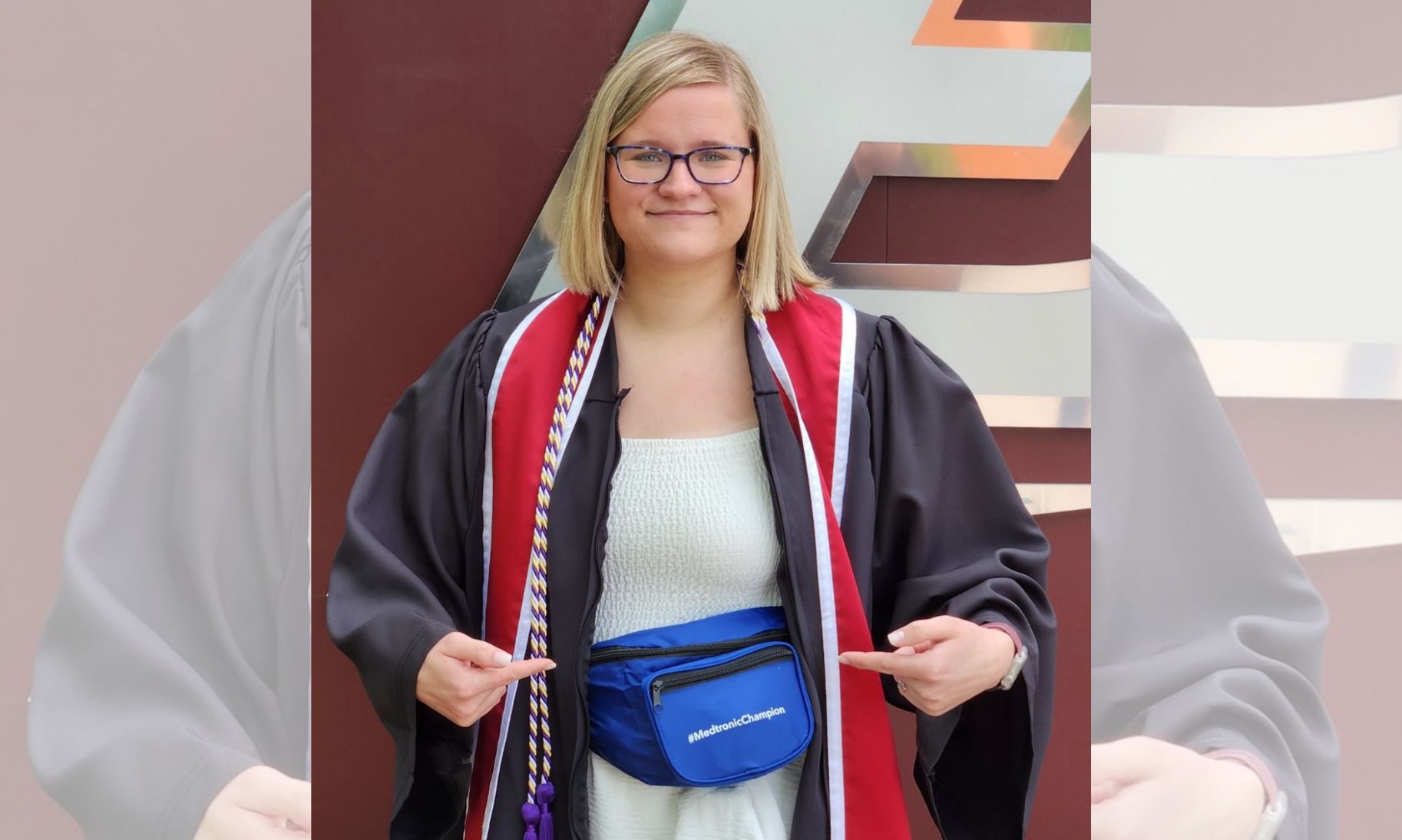Maximizing your end-of-year deductible

As a person with diabetes, you’ve probably thought a lot about obtaining, maintaining, and maximizing insurance policies. Insurance can be costly and understanding your policy may be confusing and time-consuming—but there are ways to make sure you fully understand the scope of your benefits. One of those involves maximizing your end-of-year deductible. Most people with insurance are familiar with deductibles, but insurance plans can be complicated, and it’s not always clear how to use. Suffice to say, a maximum amount of out-of-pocket expenses are built into most deductible plans, but that maximum does not roll over into the next year.
Health insurance deductible basics
First things first, here are some important terms you should know regarding your end-of-year deductible:
- Health insurance deductible: Amount you pay yourself before your insurance begins to pay for services. Deductibles apply to both purchasing treatment and medical devices.
- Maximum deductible: Yearly set total you can pay out-of-pocket for all medical purchases. This amount is determined by each individual insurance contract. Once you reach the maximum deductible, your insurance will pay for any additional costs that would have come out-of-pocket before you hit the limit.
- Annual deductible reset: Time every year when the money you have paid into your maximum deductible limit is reset back to zero, meaning people with diabetes are back to square one and will have to begin paying for medical costs out-of-pocket again. This usually happens at the beginning of the calendar year.
How relevant end-of-year deductible spending will be to you depends heavily on your plan or treatment schedule. Some plans charge a fixed copay for doctor’s visits and medical supplies even after you’ve met your maximum deductible. On the other hand, some people with diabetes may not have enough medical costs throughout the year to actually meet the deductible, making an end-of-year deductible maximizing plan unnecessary. But, if you have paid into your maximum deductible throughout the year and will need to continue buying medical supplies and seeing healthcare providers, you should consider your options.
Tips for year-end deductibles
Let’s break down a few common situations you might encounter regarding end-of-year deductible spending:
People who have met or are close to meeting their maximum deductible
People in this category are prime candidates for maximizing their end-of-year deductible. In this scenario, you may want to consider purchasing the extra testing, treatment, or medical devices you might have delayed earlier in the year.
People who aren’t close to meeting their end-of-year deductible
In this case, it may make more sense to avoid unnecessary healthcare costs until your deductible is reset.. You can never be sure what to expect from your health in a given year, so this approach will also help you better absorb unforeseen medical bills—since you will more easily meet your maximum deductible limit and your insurance can start helping with bills that would have been paid out-of-pocket.
People with an FSA or an HSA
There are two types of medical spending accounts you can fund with a low or nonexistent tax burden: flexible spending accounts (FSA) and health savings accounts (HSA). People with FSAs must remember these funds do not carry over into a new year. Depending on where you are with your deductible, you can use these funds to help reach your year-end limit. Either way, you’ll want to find something to spend remaining funds on or they won’t be rolled over into the next year and will be absorbed by your company. If you have an HSA, those funds do roll over into the next year. So, you should only use HSA funds to maximize an end-of-year deductible if you are close to your limit. If you aren’t expecting to use those funds and anticipate you will hit your maximum deductible limit quickly next year, you might consider investing your HSA money in non-medical expenses.
Looking for insurance help?
Medtronic’s programs can help you with medical device costs regardless of whether or not you’ve already hit your end-of-year deductible. Through programs like Flex and Next Tech, you may be eligible for assistance that will make purchasing Medtronic devices that much easier. Call us today at 855-539-3681 for more information.



